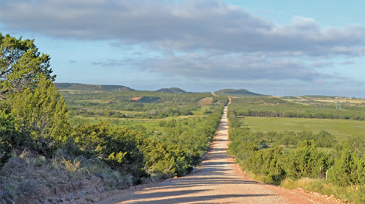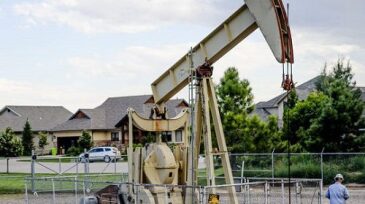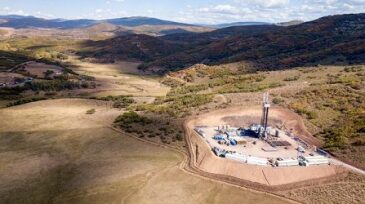regulations
-
Even though costs and market conditions are important for the development of the Vaca Muerta formation, regulation and trust in the fiscal and regulatory framework are fundamental to attract the required investments. And HSE rules are a key component in the regulatory framework.
-
Critics of the new rule call it a de facto ban on new drilling and completions that will affect large portions of the state’s undeveloped oil and gas properties.
-
An economic downturn and global pandemic are among many issues US midstream operators are dealing with in 2020, including exposure to upstream bankruptcies, limited M&A activity, and regulatory issues.
-
New Mexico state regulators vowed to keep the oil and gas industry in check during the COVID-19 pandemic and subsequent market collapse, as some groups worried that shut-in wells and other cost-saving measures could lead to operators flouting environmental regulations.
-
The Alberta Energy Regulator has suspended a wide array of environmental monitoring requirements for oilsands companies over public health concerns raised by the COVID-19 pandemic.
-
As the oil industry faces bankruptcies and shutdowns, a new analysis uncovers low inspection rates and almost no financial penalties—with a handful of exceptions.
-
The Texas Railroad Commission finally ended its uncomfortable flirtation with limiting production by declining to set quotas, but it changed rules to speed oil storage construction and allow companies to conserve cash by giving them more time to plug wells and clean up waste pits.
-
The county commissioners approved regulations for new oil and gas facilities in the county that match or exceed state rules.
-
The Bureau of Land Management may stop studying how its long-term blueprints for millions of acres of public lands would affect the environment.
-
Following a further extension of an agreement between state and federal agencies regarding oil and gas industry oversight on public lands, the Colorado state director of the Bureau of Land Management is seeking to provide a better understanding of just what that agreement does and does not do.










